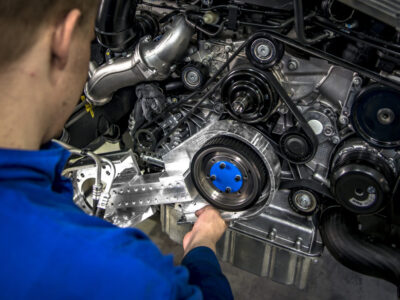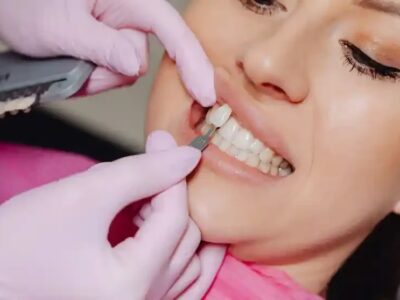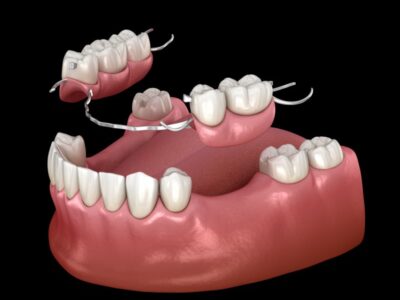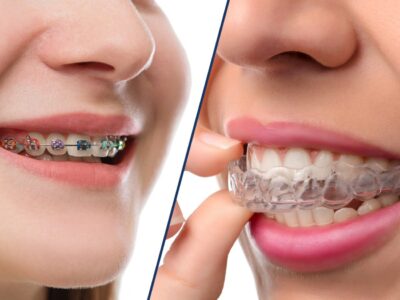
Missing a single tooth can affect your smile, confidence, and ability to eat comfortably. However, restoring a lost tooth does not have to be a one-size-fits-all approach. Dental implants and bridges are two common solutions, each with specific pros and cons, making the decision personal. So, which one is best for you? A Dexter dental Implants dentist can help you answer this question, so schedule a consultation today.
Implants provide standalone strength and longevity
Dental implants are titanium posts that are surgically implanted into your jawbone to simulate the root of a natural tooth. This provides a solid, independent base for a crown, mimicking the appearance and feel of a natural tooth. Here is why implants shine:
- Durability
Implants bond with your jawbone to form a permanent component of your smile. With appropriate care, they may endure a lifetime, as opposed to bridges, which normally require replacement after 10-15 years.
- Bone preservation
Implants increase jawbone development, minimizing bone loss associated with missing teeth. This not only improves your oral health but also preserves your face structure.
- Independent support
Implants, as opposed to bridges, are self-supporting. This ensures that your neighboring teeth stay unharmed, ensuring their health and durability.
- Natural look and feel
Implants provide the most natural appearance and feel of any tooth replacement option. They work similarly to real teeth, letting you eat, speak, and smile with confidence.
Bridges have quicker procedures and lower initial cost
Dental bridges are tooth-supported prostheses that span the gap caused by a lost tooth. They are made up of a replacement tooth attached to crowns put on adjacent teeth. Bridges, while not as long-lasting as implants, have the following benefits:
- Faster procedure
Bridge implantation often requires fewer sessions than the surgical process of implant insertion and recovery.
- Lower initial cost
Bridges are often less expensive than implants in the beginning, but replacement expenses can add up over time.
- Good aesthetics
Bridges can improve the beauty of your smile while also increasing your confidence.
Consider your needs and priorities to make the right choice
Ultimately, the most suitable choice for you is determined by your unique needs and preferences. Here are some important considerations to keep in mind.
- Budget
If the initial cost is a key consideration, bridges may be a better solution. However, consider future replacement expenses.
- Durability
If you want a long-term treatment, implants provide unparalleled durability and bone preservation advantages.
- Procedure timeline
If you want a faster operation, bridges may be the way to go. Keep in mind that there may be future replacements.
- Oral health
If you have healthy adjacent teeth that can support a bridge, it may be a viable alternative. Implants, on the other hand, do not rely on other teeth, thus preserving their health.











